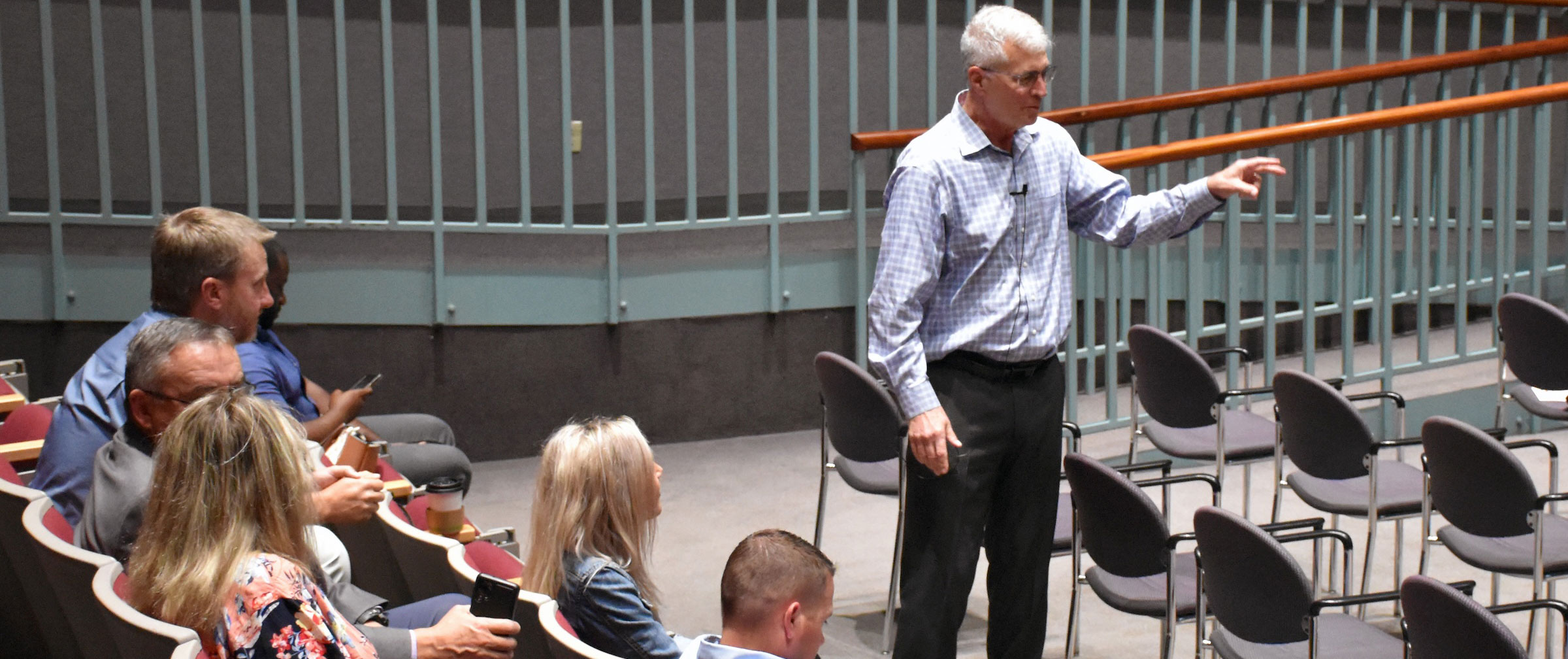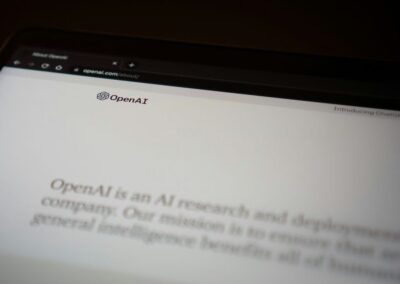One of the true blessings of a consulting life is the ability to personally visit and experience many different medical hospitals and physician groups. Since leaving my CMO job about four years ago, I have had the opportunity to visit all 50 states at least twice. I have been in hundreds of hospitals and medical practices. I have had the opportunity to learn so much about this country and appreciate the vast beauty and wonder that this country has to offer. But most importantly I had the wonderful opportunity to talk with hundreds of healthcare professionals. I do hate to travel, and as Dan Fogelberg sang years ago: “the audience is heavenly but the traveling is hell”. But once I am there, the opportunities to learn and appreciate the efforts done by many smart, talented and dedicated health care professionals are immeasurable.
I would like to share two healthcare insights that I have discovered over my travels as a consultant:
1. Every hospital and medical group is truly unique.
This is brought to my attention and made apparent to me at every visit. Each hospital has unique market challenges, complicated internal dynamics, physician relationship issues, staffing issues, etc.,. Every medical group has their own challenges with the physician members, complex and changing reimbursements, dealing with government and insurance regulations, market dynamics, competition, strategic relationships, and many others. The adage is so true: “If you’ve seen one medical group or hospital, you’ve seen one medical group or hospital”.
I am very impressed with the absolutely unique situations that I encounter on a daily basis as I travel from one client to another. Truly every situation is different.
But that now leads to the second very important insight:
2. Every hospital and medical group is dealing with virtually the same issues.
Once I get to a location and go to a conference room, where there is no reference to the geography, (or for that matter, I sometimes may even temporarily forget what city I am in), I am consistently struck by the fact that the situations I deal with are almost identical. Whether I am in Portland, Oregon or Portland, Maine, the issues I deal with are remarkably similar. Sometimes I feel that I can just “cut and paste” one hospital or medical group with another and have the identical discussions.
Is it a paradox that even though the situations are unique, the challenges and solutions are remarkably similar? Maybe so, but herein lies the real value of this apparent quandary:
We have the opportunity to take advantage of the efforts that have been made around the country to solve these problems, and at the same time acknowledge that the local situations and nuances make the client’s particular situation individual and unique. Rather than simply adopting a solution that was successful in another organization…. a process that usually is doomed to failure precisely because of these unique local issues, we can adapt them to the client’s particular environment.
There is rarely the need to reinvent the wheel, but at the same time, there is no simple and universal solution. Health care is indeed local, but at the same time must follow the general rules common to the industry. Take advantage of what is already known, but also understand and respect the uniqueness of your organization.
As a final caution, NEVER use the concept of uniqueness as a defense against appropriate change.
Adopt but Adapt…. I would like to see a great deal more of this philosophy. Our health care system would be far better served.
— Please feel free to comment in the comment section below!




